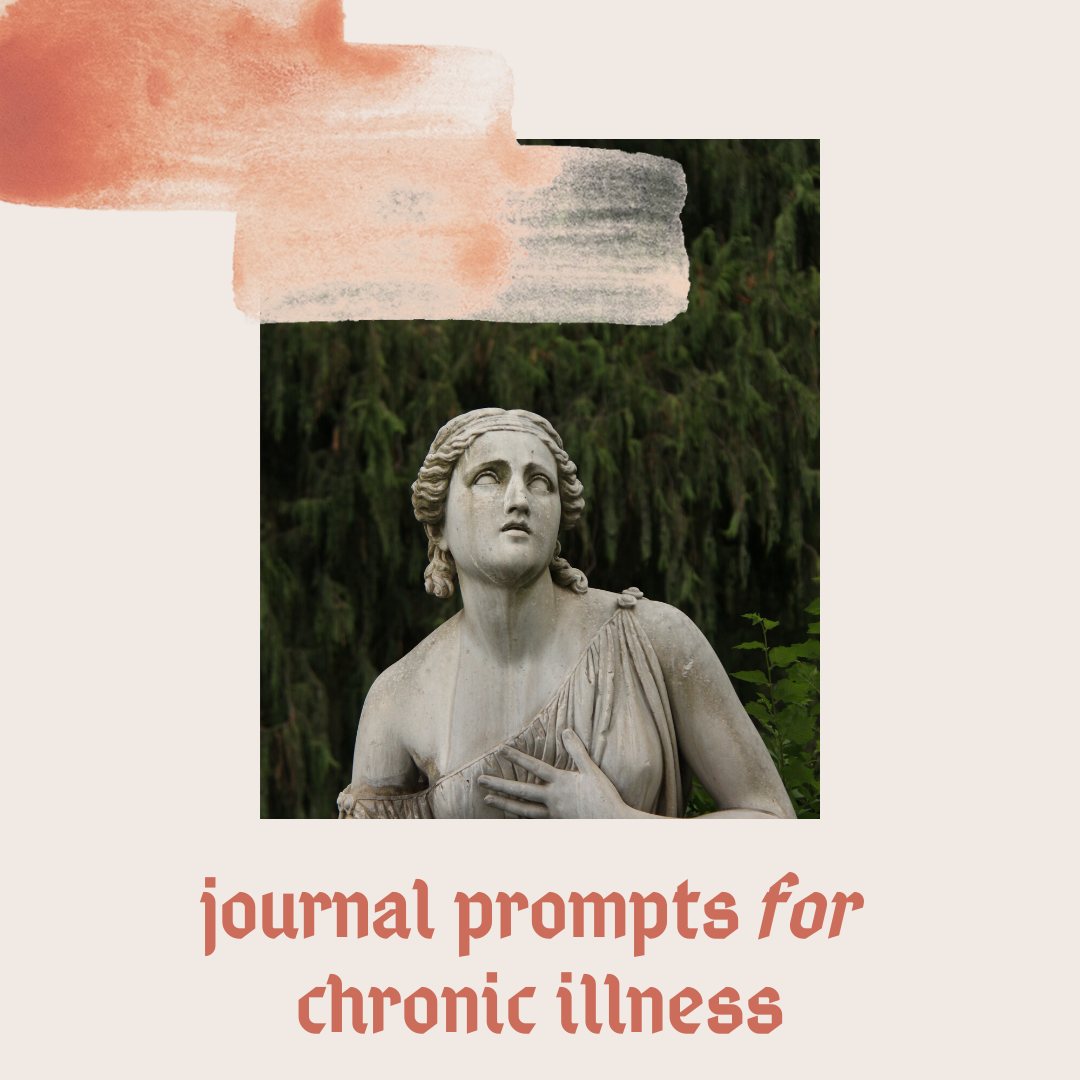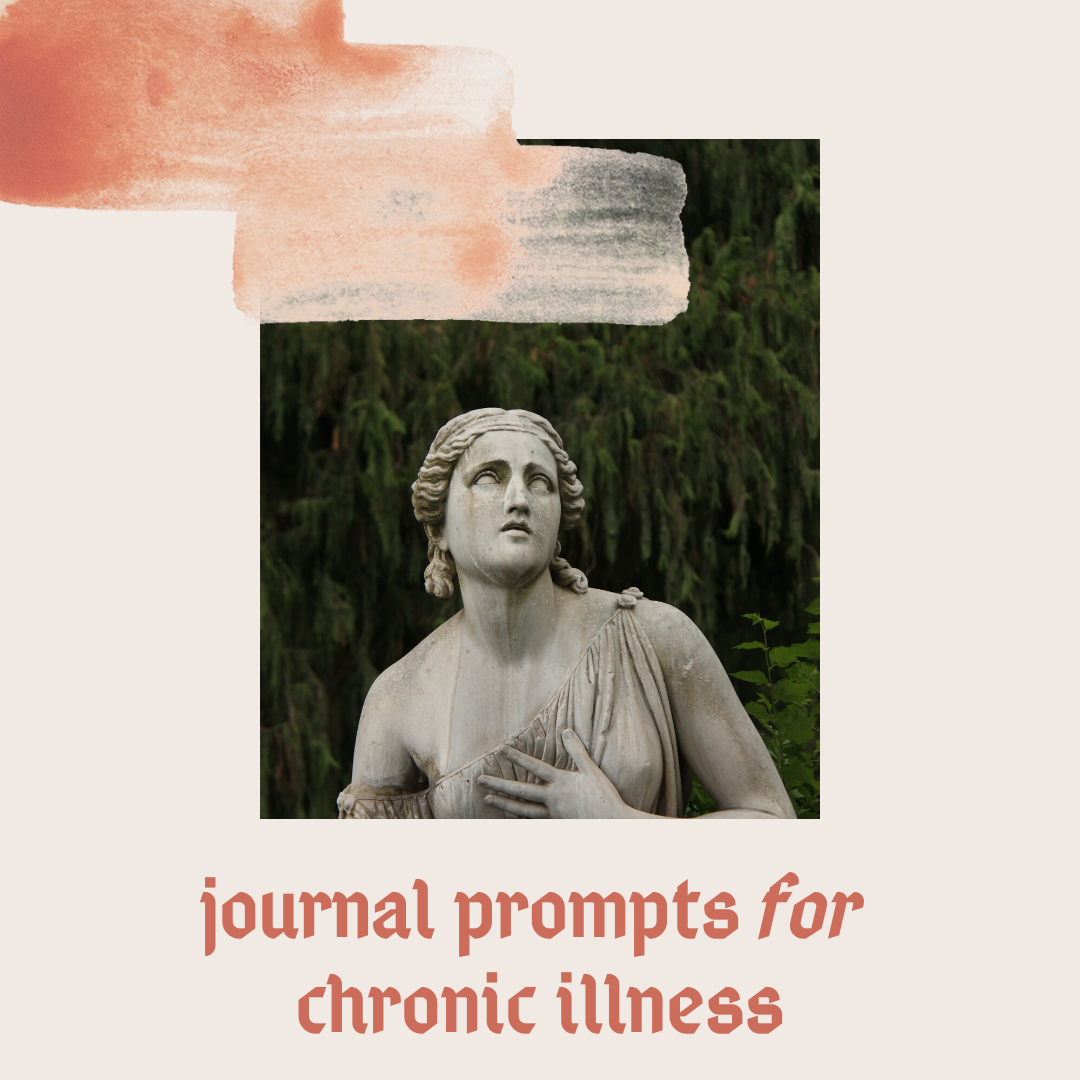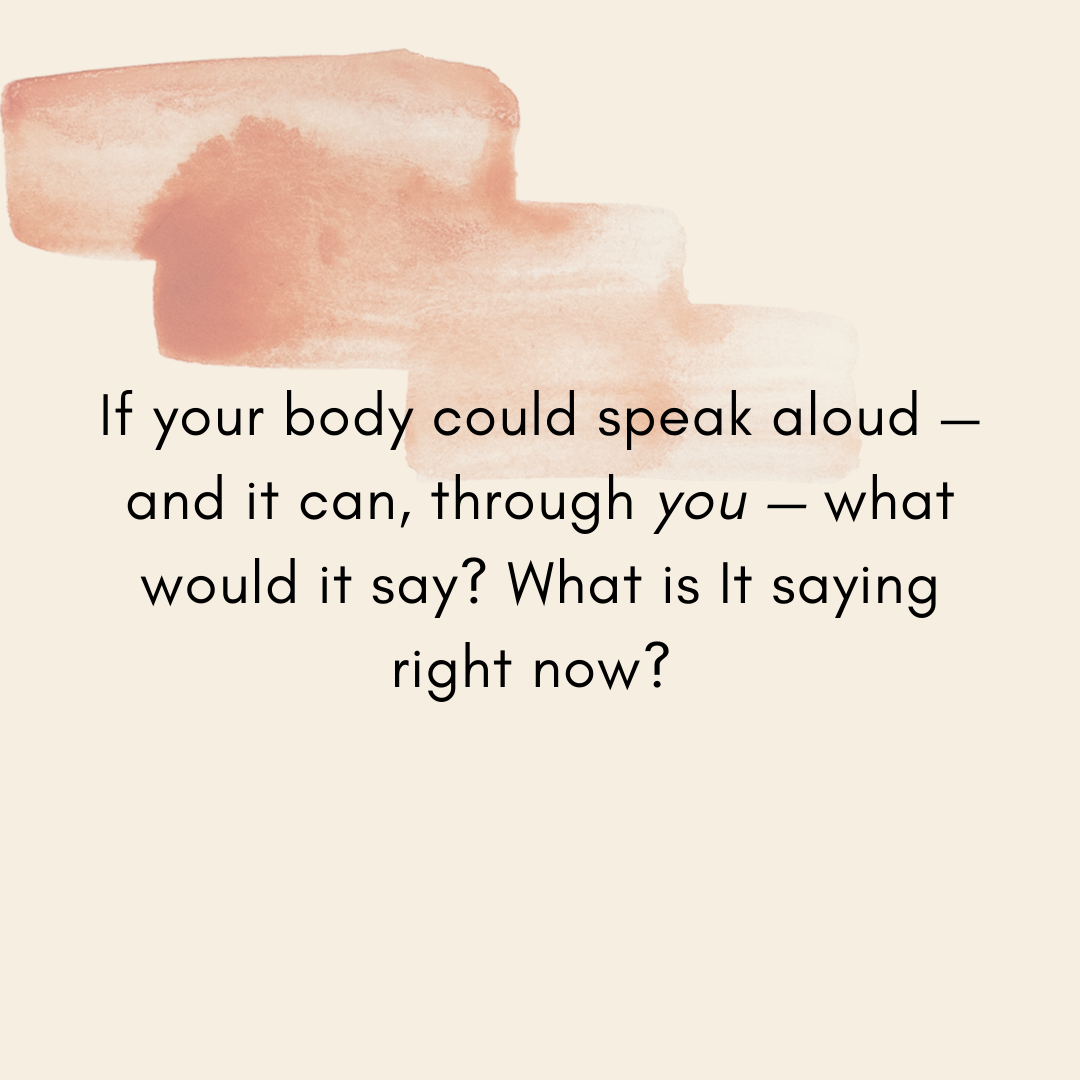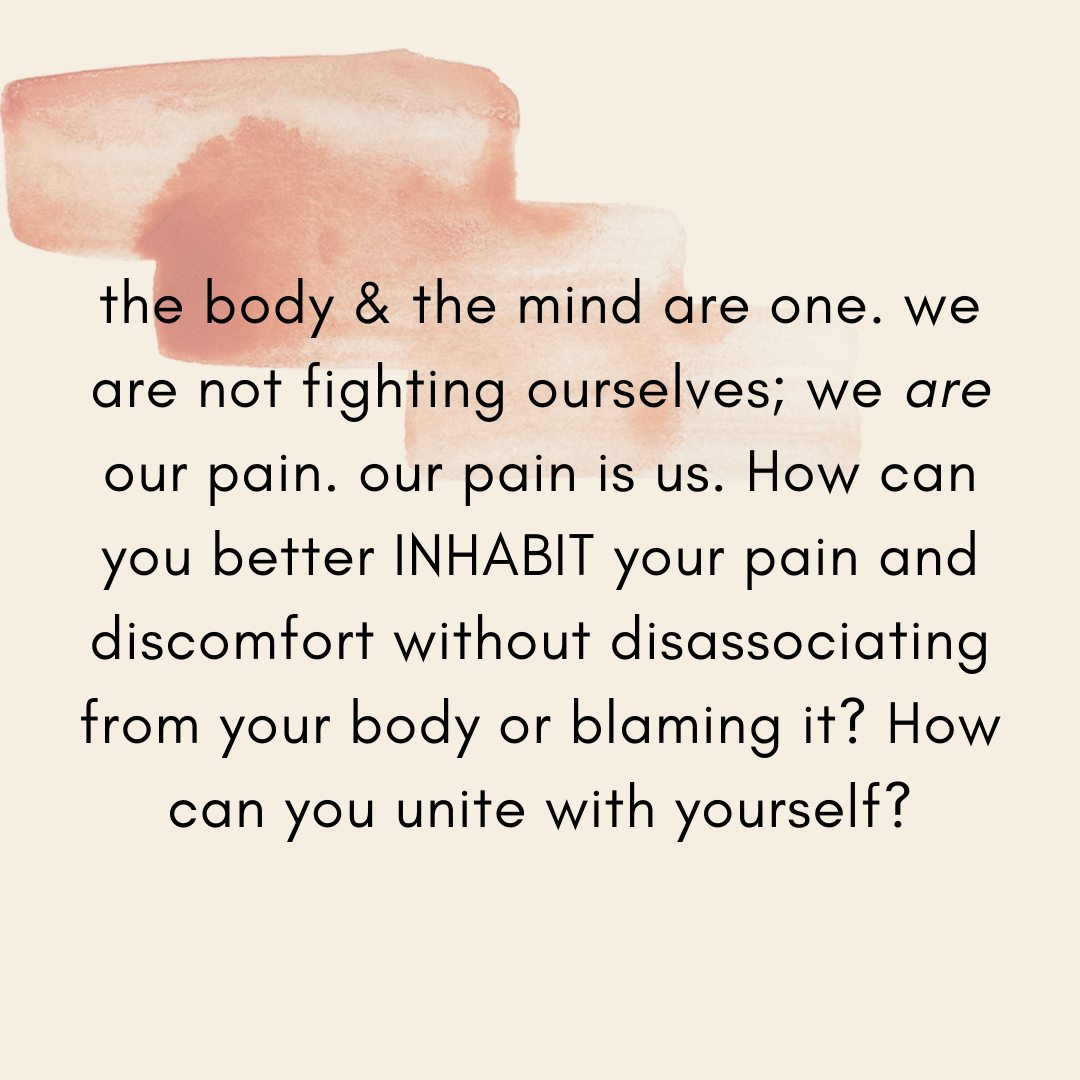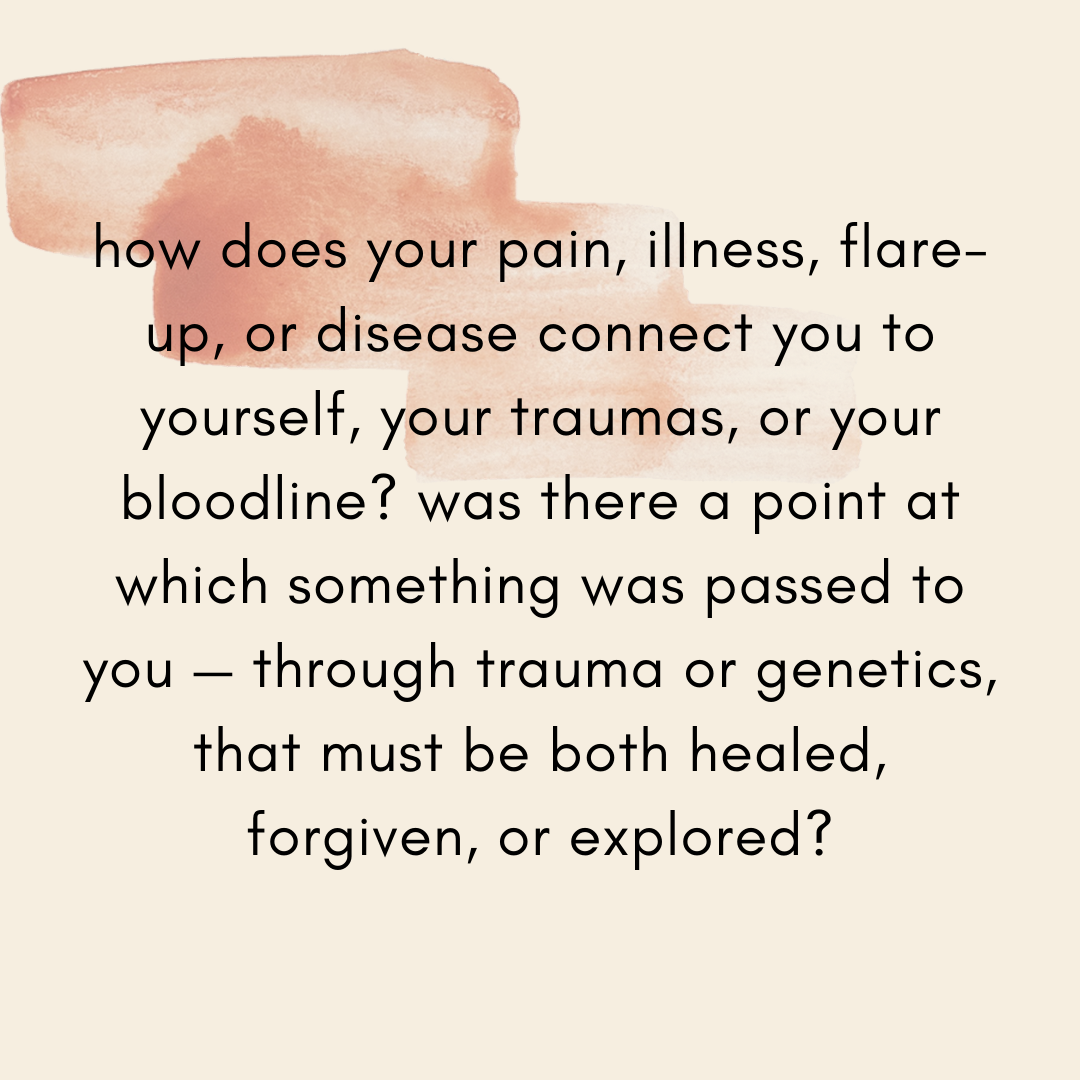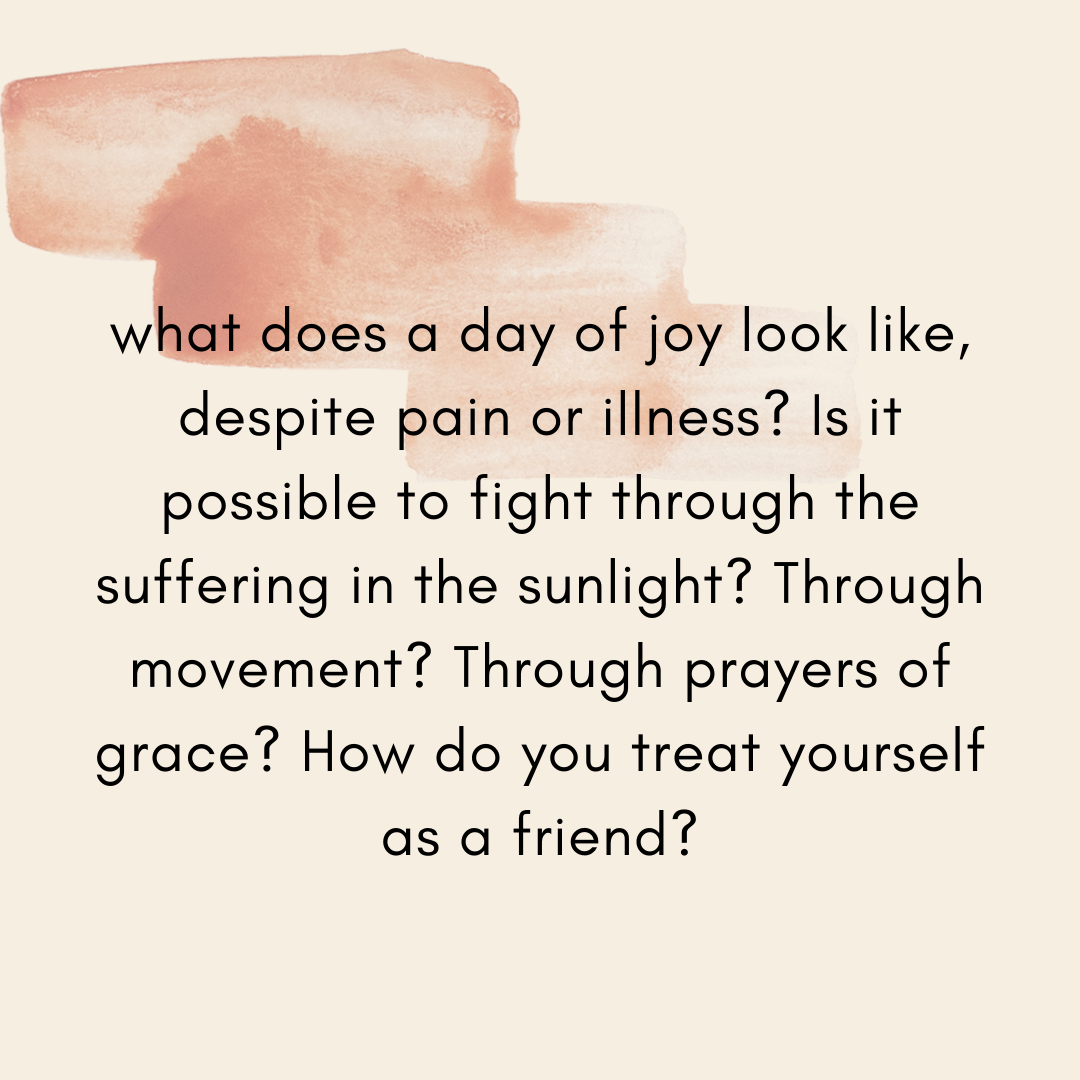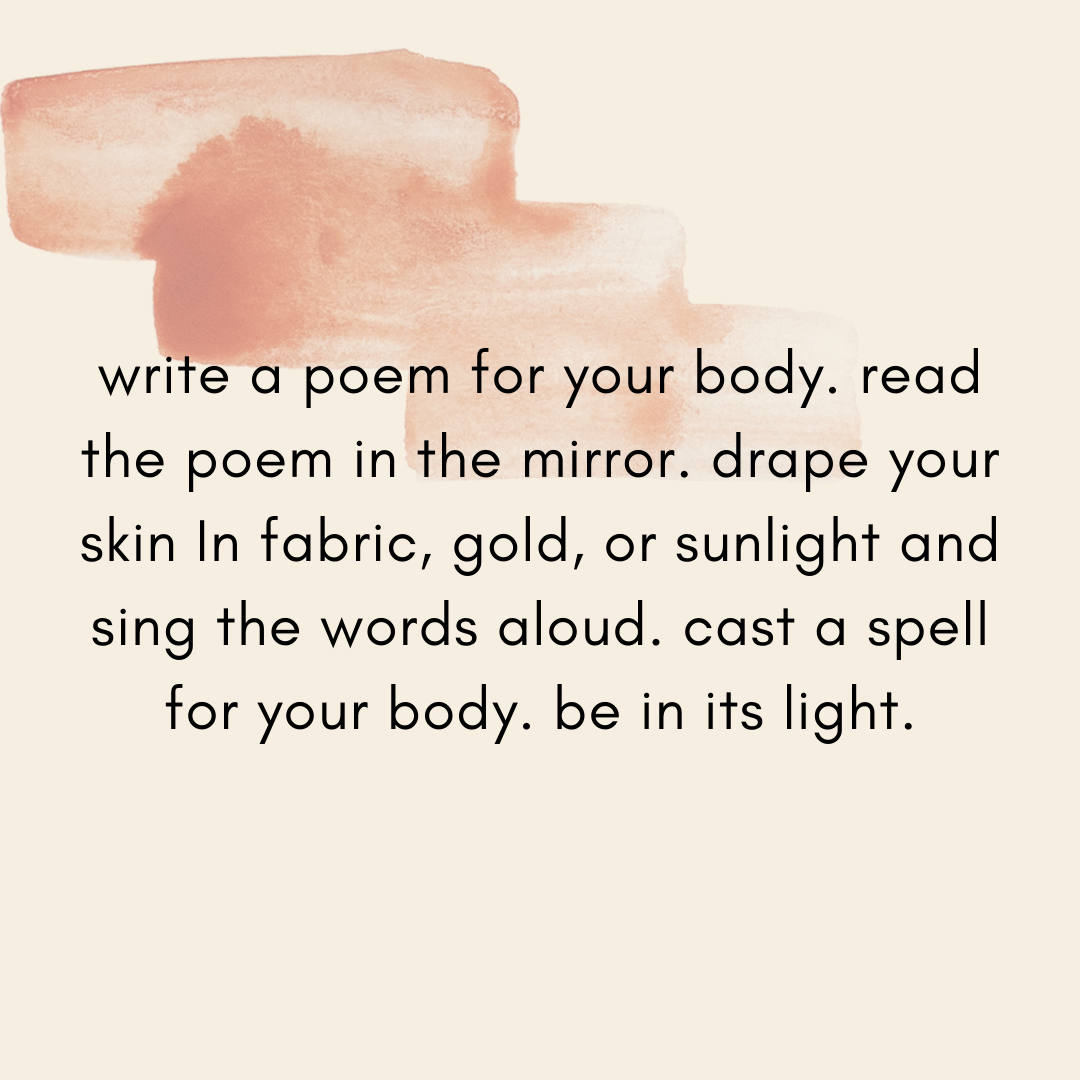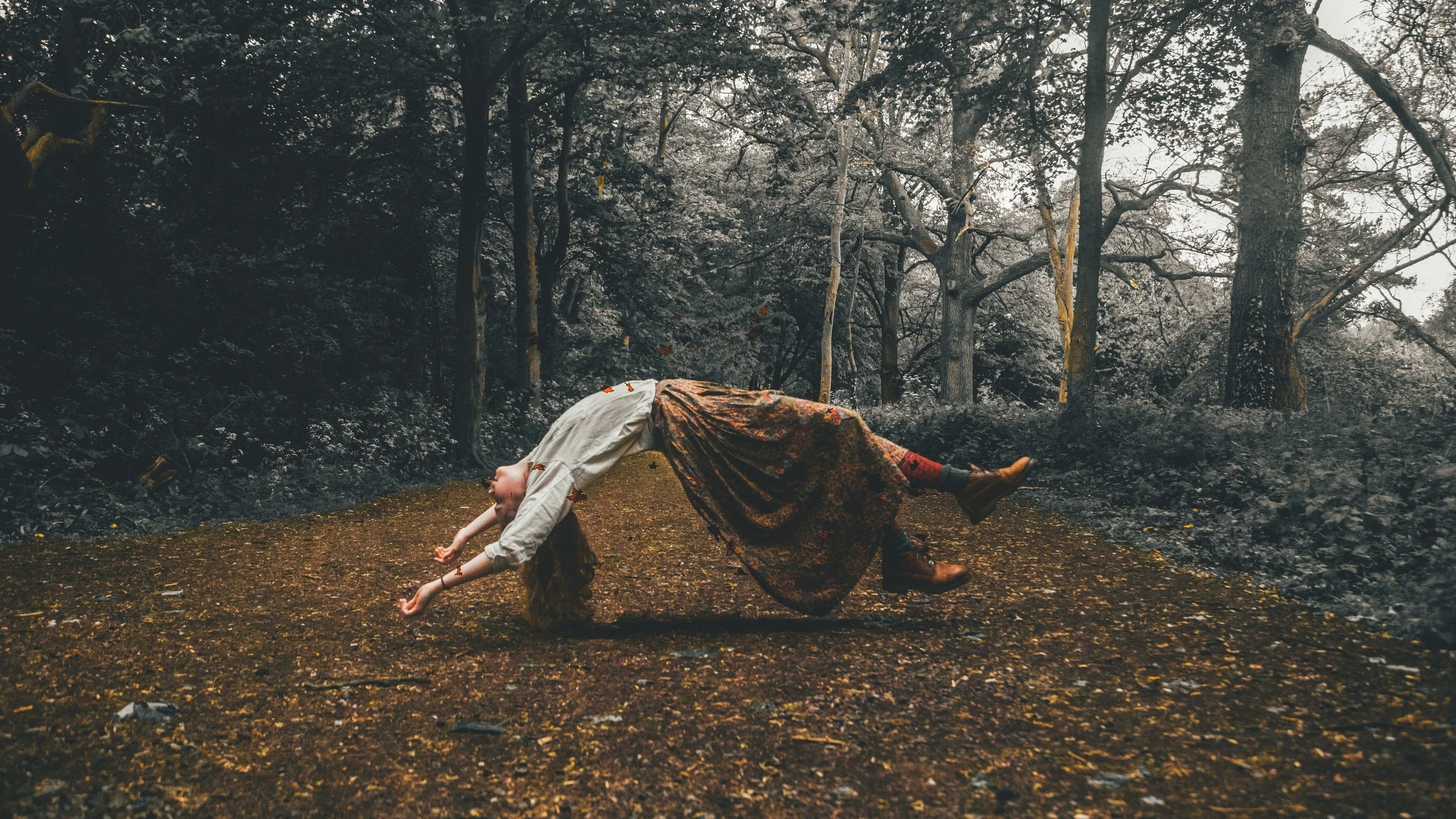So when I see someone make grand promises, that you have to do this to do this, or believe this to achieve this, or buy this to get this— especially to the vulnerable: the poor, the sick, the disabled, the traumatized, the abused — it doesn’t sit right with me.
Sometimes those promises come in the form of feigned care and support, when at the bottom of it all was an Instagram strategy and some pretty words.
I don’t believe that any one person can have the answers. And I don’t believe that anyone should peddle goods to people when they don’t have the integrity to back it up.
Among those promises would be actual spiritual advice despite questionable stuff, like the not-so-ethical production of goods, plagiarism of both products and feel-good quotes, and employee mistreatment. This likely happens a lot, but all of this came up in the Daily Dot article about this one specific person.
So what do we do about it all?
I wrote a book about self-care and regenerative rituals, so I spent a lot of time thinking about this sort of thing. When writing my book I wanted to make sure it was a guidebook, not a rulebook. That any practice I wrote of wasn’t from a closed culture — and that anything referenced I cited in the Resources section.
I wanted to make sure my book was a byproduct of my experience, not a way or promise or path. That the reader would be self-healing using my prompts, that I would not — and could not — be healing them. That, if anything, the book and the reader would enter into a conversation about healing together.
That’s the thing about healing. It has to happen in a safe space. Before I started really working to heal my lasting trauma from childhood — the obsessive memories of homeless shelters, assault as a child, family addiction, foster care, chronic illness — I found comfort in all sorts of untoward things.
This included drinking all night with friends who thought getting obliterated was the answer. I found comfort in false friendships or relationships, where people wanted to be loved more than they want mutual loving care. I turned to fraudulent psychics here and there for advice, and of course there were those who’d want to dig into my pockets rather than genuinely help.
The point is, we take comfort and care wherever we can find it — and sometimes, because of pain, loneliness, poverty we turn a blind eye to gut feelings. I’s hard to know if it’s helping or prolonging the wound.
The Internet version of this really is the abundance of healers and guides out there. Many of them are wonderful — and many are my friends, who take special care to create products and books and ideas around self-care and healing products — but many are there for fame and fortune, not to help.
They want to preach at you, not have a conversation. They claim to know the answers, rather than admit that they’re always going to be searching. They lack self-awareness, charging big money to people who literally are seeking magic work because they’re on the verge of eviction.
It’s hard to know what sort of intentions people have. Sadly, there’s just no cut or dry answer. How could there be? I think our gut has to do the work. But for the gut to work we have to have self-compassion and give ourself the space and time to let our intuition work. This is a process — a process damaged by hope being dashed by scammers.
We could spend $45 on a healing candle from someone with 50,000 followers and a beautiful Instagram page, someone who hasn’t provided insight or vulnerability elsewhere or even a glimpse into their own real lives. Or we can buy a tarot session or a book or a crystal from someone who is less concerned with a perfect, sort of distant, who-are-you-really? branding, whose track record shows an active interest in trauma recovery or healing or helping others before they started earning money from it. And even the above is an oversimplification.
If something doesn’t feel right, even if that something has a quarter of a million followers or is quoted in wellness articles, you are by no means obliged to look to it for wisdom.
I say all of this because I think on my own mother, my own friends, and myself — and all the times we needed a hand, a source of inspiration, a talisman of hope, or a guide to getting back to ourselves. It would be a real shame to get a candle or a reading or a downloadable guide that came from someone who wasn’t sincerely invested in our care, who only wanted to make money, and who used unethical means to produce a product, from conception to production.
I read a piece the other day by Kaitlin Coppock for Sphere + Sundry. It’s a comprehensive look at fraud-work in the spiritual and healing communities, and it goes into much better detail than I can. It covers:
“Tips for distinguishing real practitioners of astrology, witchcraft, and spirituality from self-serving charlatans taking advantage of the mounting witch-strology renaissance. And lastly, recommendations for how professionals (or aspiring professionals) can navigate related ethical considerations.”
I recommend reading the above and asking questions for yourself. Stay alert, be good to yourselves, and don’t let influencer numbers drown out your intuition.































